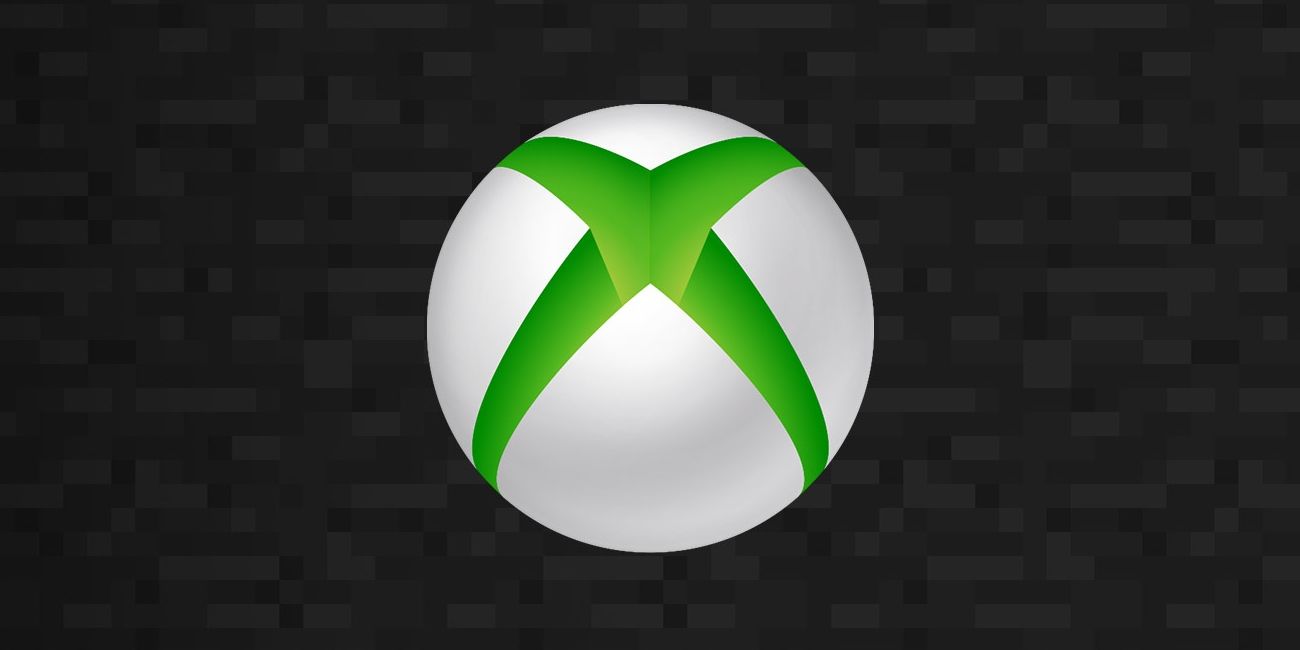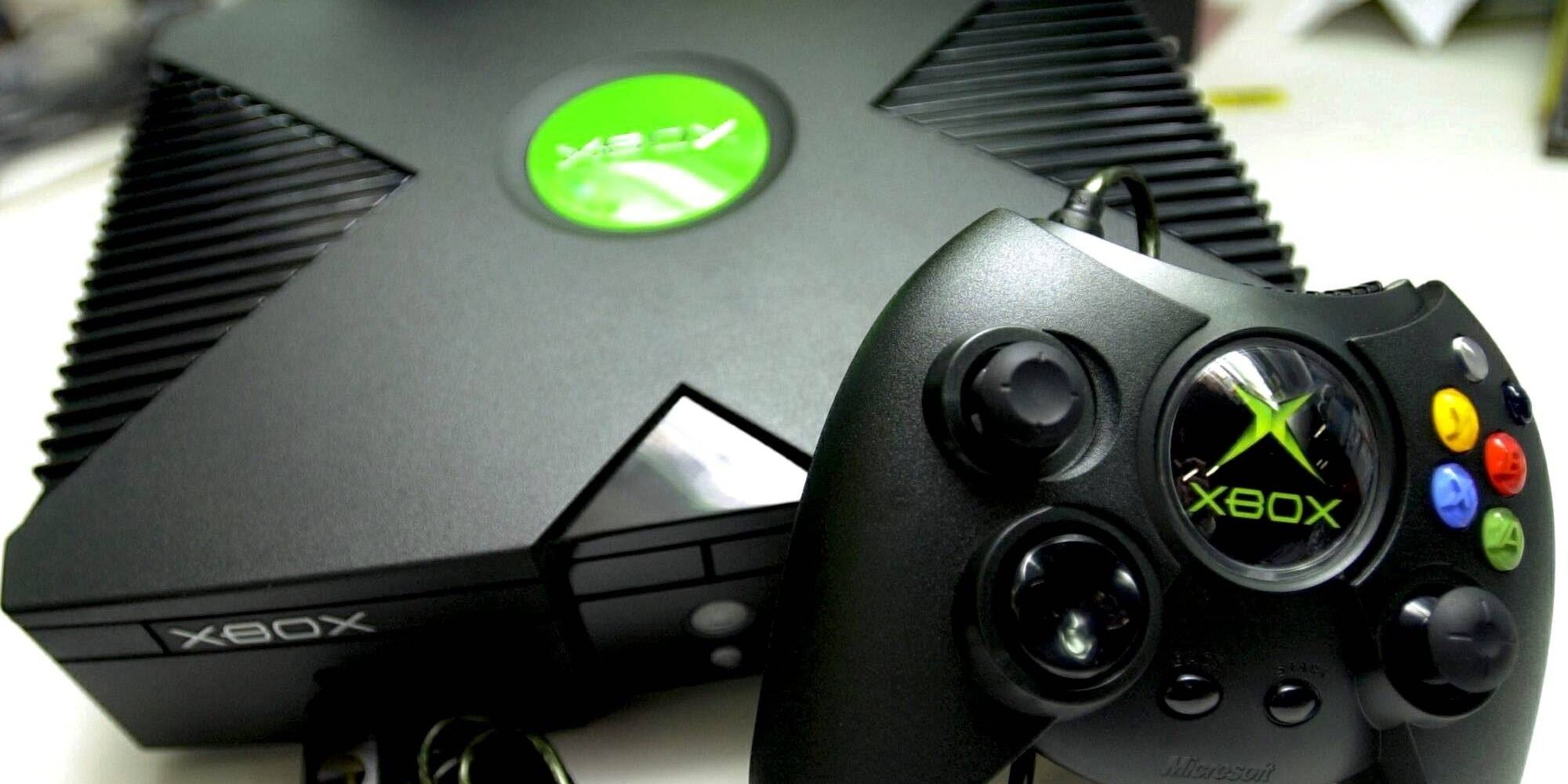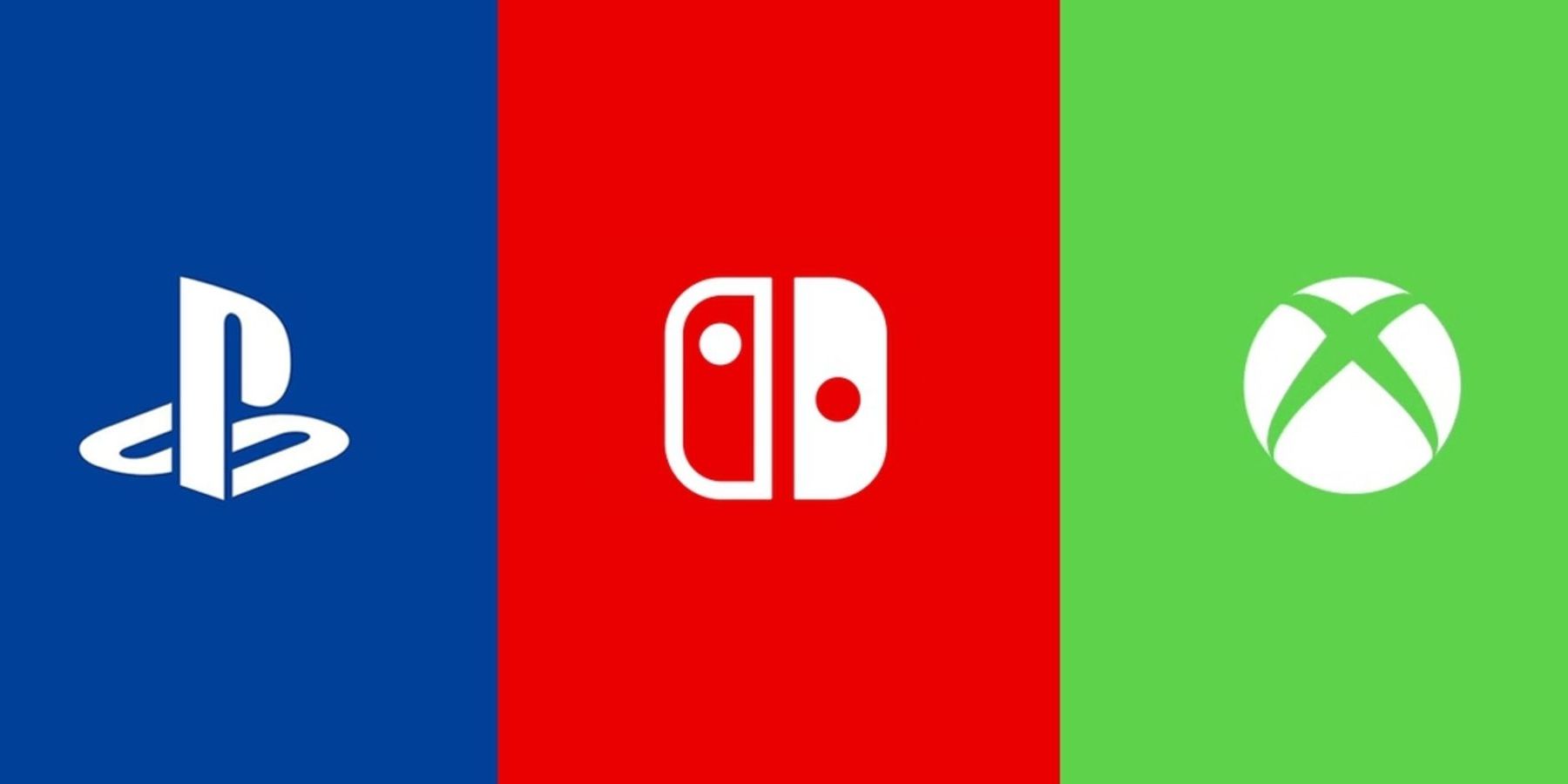Hideki Kamiya, Game Director for PlatinumGames, has shut down ongoing rumors that the studio was in negotiations to be acquired by Microsoft, stating that the Xbox brand feels "foreign and far away" for its Japanese audience. Although PlatinumGames has dismissed the rumor, the idea of Microsoft and Platinum joining forces didn't come out of thin air. The two previously teamed up for Scalebound, though that game was canceled back in 2017. Additionally, Xbox executive Phil Spencer has acknowledged that the brand is lacking in Japan, and it would be in the Microsoft's best interest to find a way to appeal to the Japanese market.
The Xbox brand has had a contentious history in the Japanese market dating all the way back to the release of the original console. The original Xbox sold fewer than half a million units in Japan over its lifetime, while the Xbox 360 sold just over a million units. Some of the reasons given for these lackluster Japanese sales have to do with the games offered on the platform, as well as apparent gripes with the design of the controllers, specifically the size of the original Xbox's controller.
Xbox has had trouble resonating in the Japanese market for a multitude of reasons. Most notably, the company's two other major hardware competitors, Nintendo and Sony, are both Japanese and have much larger footholds within their home country. This generation, Nintendo and Sony have sold over 22 million consoles combined in Japan as of Q1 2020, while the Xbox One has sold only slightly over 100,000 units.
So why doesn't Xbox resonate with Japanese audiences? For starters, Microsoft doesn't have much in the way of exclusive games that appeal to the Japanese market. To his credit, Spencer has acknowledged this, also stating that the company would be interested in acquiring Japanese studios moving forward in order to develop more Xbox exclusives that would appeal to Japanese gamers. This generation, Microsoft struggled due to exclusivity deals, with four of the top five best-selling games in Japan during April 2020 being either Nintendo Switch or PlayStation 4 exclusives.
With a new generation just months away, now is the time for Microsoft to take steps to remedy this problem for the future. To do so, it needs to give Japanese audiences reasons to choose the Xbox Series X over its competitors. Acquiring a Japanese studio, especially one with some prestige, would be a great first step. And while some major developers may not want to join Xbox Game Studios, working out exclusivity deals could also be a boon.
Some of the largest Japanese developers with footholds in the market, like From Software, Atlus, Capcom and Square Enix, have or have had exclusivity deals with Sony during this generation. If Microsoft was able to lure one or more of these developers away from Sony to develop a Series X exclusive, it could finally appeal to the Japanese market. However, Microsoft needs to do so early on in the generation (or even start announcing such partnerships beforehand) if it wants to convince Japanese audiences to pick up its console over the competition.
Another way the Xbox brand could expand in Japan would be to work with its competitors, something that it is rumored to be doing in some capacity. Microsoft is said to be working in some way with Nintendo, though what this actually means is unknown. So far, Xbox has allowed for some of its exclusives to be published on the Switch, like Cuphead, but if it could continue and broaden this partnership, it would go a long way for Xbox in terms of expanding its brand to Japanese audiences.
Microsoft has a tough road ahead if it truly wishes to build up the Xbox brand in Japan, but it certainly is starting to lay down the groundwork that could lead to a breakthrough. While the PlatinumGames acquisition rumors have been proven false, Microsoft still has some cards left on the table to play going forward.



